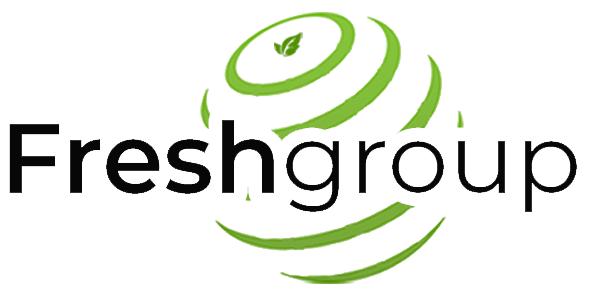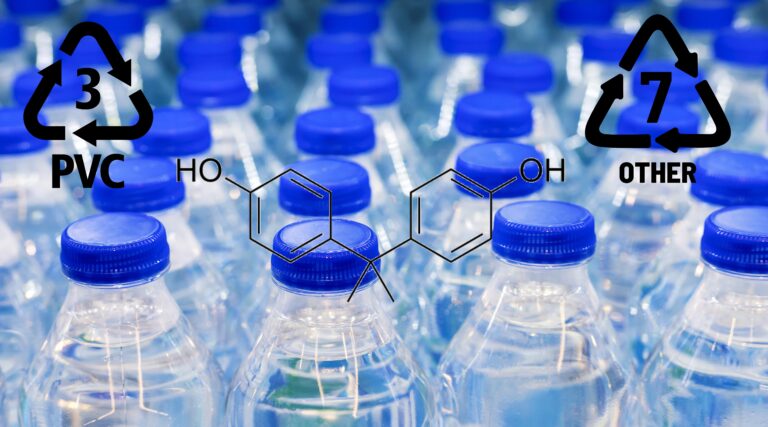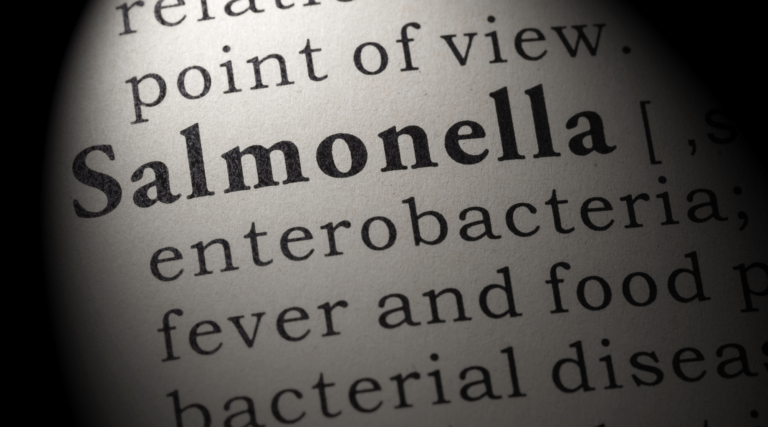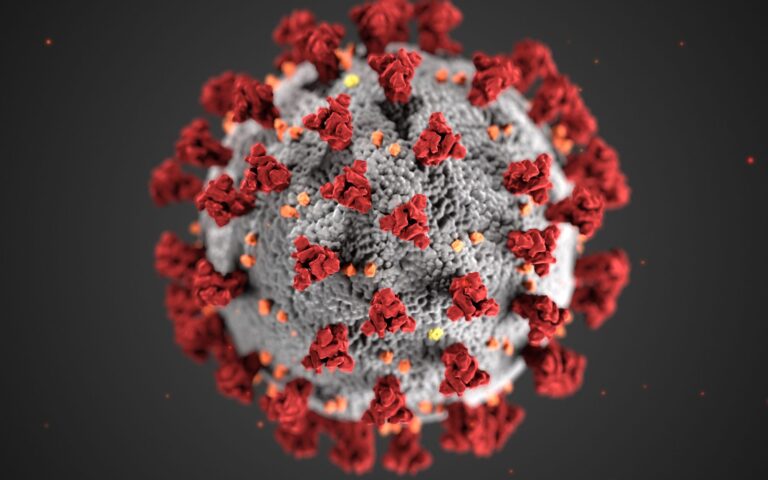Belgium has taken proactive steps in sharing the benefits of its food safety barometer, setting an example for global cooperation in ensuring the safety of our food supply.
In parallel, the U.S. Food and Drug Administration (FDA) and the UN Food and Agriculture Organization (FAO) have convened a pivotal workshop in Peru this week. The focus? Harnessing the power of whole genome sequencing (WGS) to combat water and foodborne disease outbreaks.
At the closed-door workshop, government officials, public health experts, researchers, and stakeholders are engaging in critical discussions on the merits and potential challenges of WGS technology. With an emphasis on global implementation strategies and tailored approaches for Peru, the event aims to chart a course towards enhanced food safety measures.
Looking ahead, a forthcoming workshop in Bogota, Colombia, slated for February 12-16, will zero in on the prevention and control of Campylobacter. This initiative, driven by professionals from the PulseNet Latin America and Caribbean Network (PNALC), responds to a surge in Guillain-Barre Syndrome (GBS) cases in Peru from 2018 to 2023, underlining the urgency of bolstering genomic surveillance efforts.
Simultaneously, in Geneva, Switzerland, a second gathering on foodborne viruses will convene during the same timeframe. Building on previous collaborations, stakeholders will assess recent data and scientific insights to strengthen prevention and intervention measures in the food chain.
These initiatives reflect a concerted global effort, underscored by the collaboration between the Food and Agriculture Organization (FAO) and the World Health Organization (WHO). From updating guidelines on controlling viruses in food to evaluating the efficacy of interventions, stakeholders are actively shaping the future of food safety on a global scale.
Source: Food Safety News
Reach out to Fresh Group Food Safety And Quality Consulting for any inquiries related to food quality and safety.




